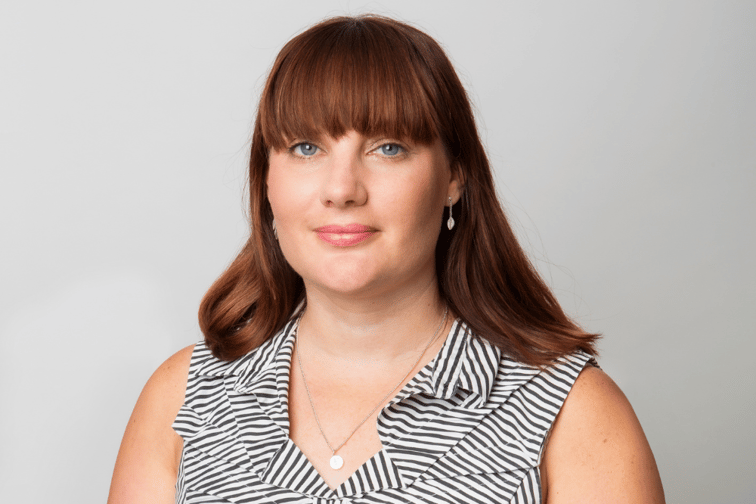

About two decades ago, Marsh New Zealand commercial head Megan Warner (pictured) “just wanted a job”; now, she loves the insurance industry – from colleagues to clients and the important job of serving the latter.
Like most people in insurance, Warner didn’t actively pursue a career in this field. As a teenager, she just wanted to earn, not knowing that the job she’d landed would be the start of her insurance career.
“I had zero intention of working in insurance,” Warner told Insurance Business. “I don’t even think I’d ever considered the word ‘insurance’ before. I applied for a job at the southern call centre for AMI Insurance down in Christchurch. I’d had about seven months temping in a different call centre and was just looking for a job. At 19 years old I was probably the youngest recruit they had at AMI at the time.
“I just wanted a job. I wasn’t mature enough to really think about how long I’d be there for or what I wanted out of the job. It was just a paycheck so I could go out and socialise, and the office was close to home, so I was able to walk to work. That was my entrance into insurance, and AMI was an awesome organisation to start out with – they had really good training. Over the course of seven years, I was put through the ANZIIF (Australian and New Zealand Institute of Insurance and Finance) qualifications.”
According to Warner, once she started, she became interested in insurance. Initially dealing with personal lines, she said she “just loved” the client engagement aspect of the work.
“Then I applied for a job at a small brokerage called FMR Risk in Christchurch,” recalled Warner, who considers her peers a “phenomenal network or family” of people working in an industry she has come to love. “I actually didn’t get the first job that I applied for there, which wasn’t broking, but they called me back for the broking role once it came up.
“I was in that business for 12 years and moved through a number of roles throughout my time at FMR and then Crombie Lockwood (which bought the former). I started at personal lines and then I did small business broking.”
Part of Warner’s insurance experience was being in Christchurch during the Canterbury earthquakes.
“I got to see insurance in its full glory, I suppose,” she said. “Then I managed some niche business for Crombie, and then I joined Marsh just over three years ago to run the commercial business for Marsh New Zealand.”
A full-fledged broker for many years now, Warner said the worst a broker can do is ‘surprise’ clients.
“Our market continues to change, in both rates and capacity,” Warner, who highlighted that the market isn’t softening, told Insurance Business. “Those are hot topics, both internally and externally. And we’ve got a great opportunity to educate our clients around why this is happening, and also offering alternative solutions.
“That’s where you get the value of an insurance broker. We’re here to serve our clients and ensure that they’ve got the right advice – and that doesn’t always mean buying a product; sometimes it’s about different forms of risk transfer.”
The head of commercial at Marsh NZ declared: “I think the worst thing we can do as brokers is surprise our clients. We often know well in advance – for the most part, but not all the time – when there’s going to be significant change. Whether that’s going to be rate, or cover, or our ability to find capacity, we need to make sure that we’re communicating that with our clients early on.
“It also goes to show them the work that we do, because often clients may not see the value in what a broker does.”
To get a good outcome, Warner said it’s “exceptionally” helpful to engage with clients early and let them know the prospective challenges and the reasons behind them.
“Most people are open to understanding why things are what they are, especially as rates go up,” she added. “We need to empower our clients to make decisions. So, whether they retain more risk or whether they utilise different forms of risk transfer, that’s something that we can talk to them about.”
How did you start out in insurance and what do you love about the industry? Share in the comments below.
